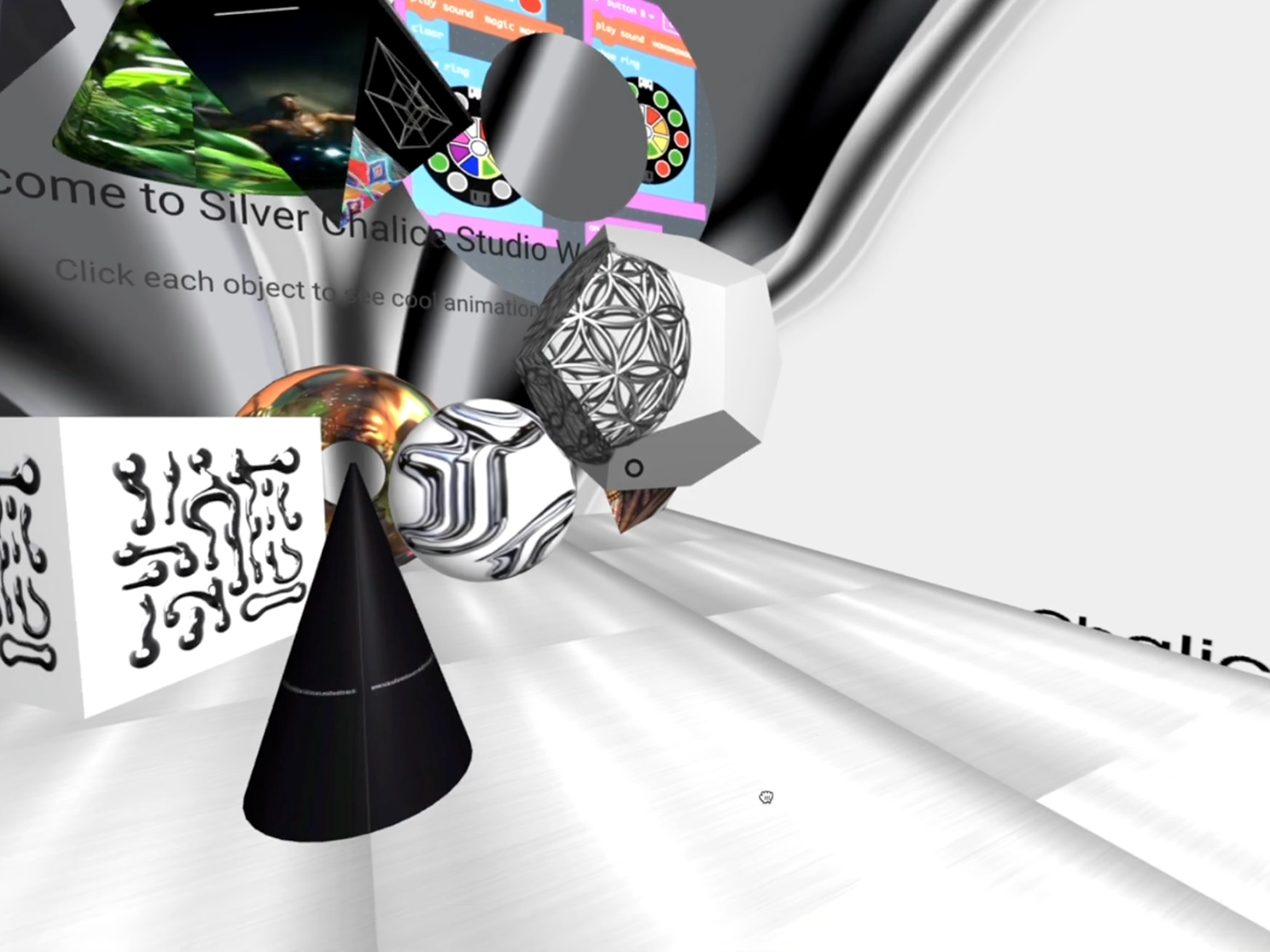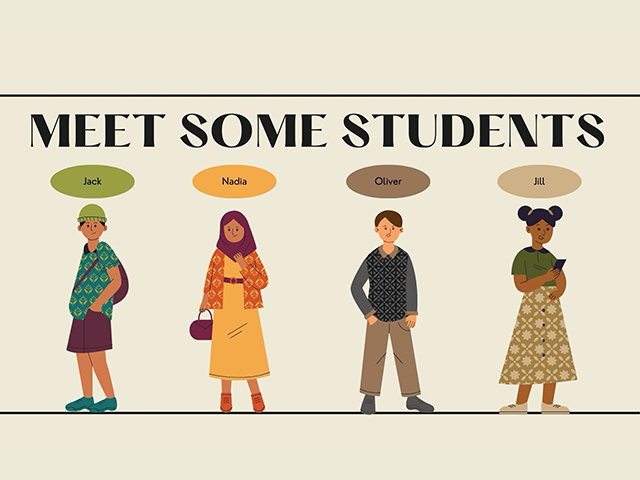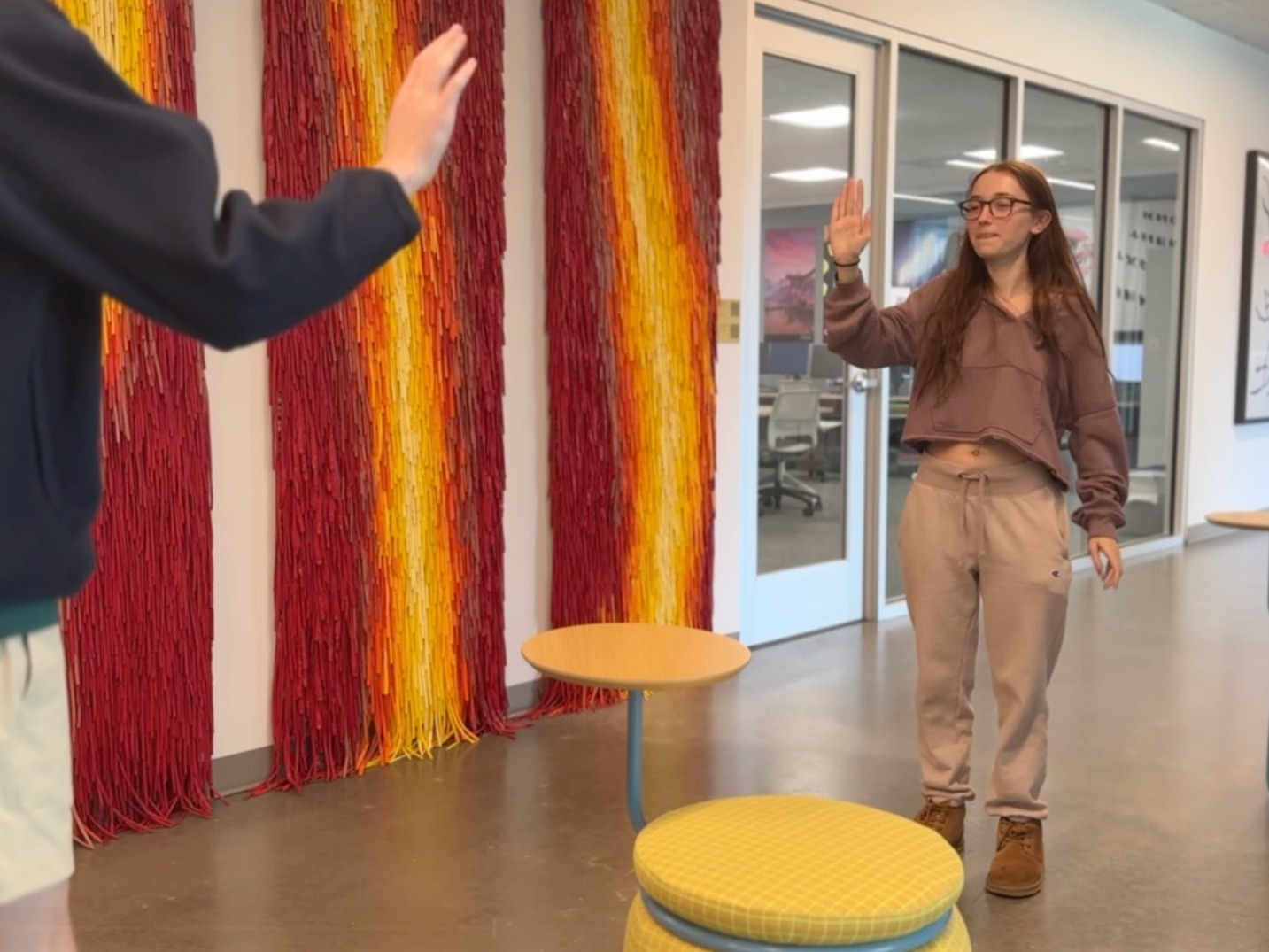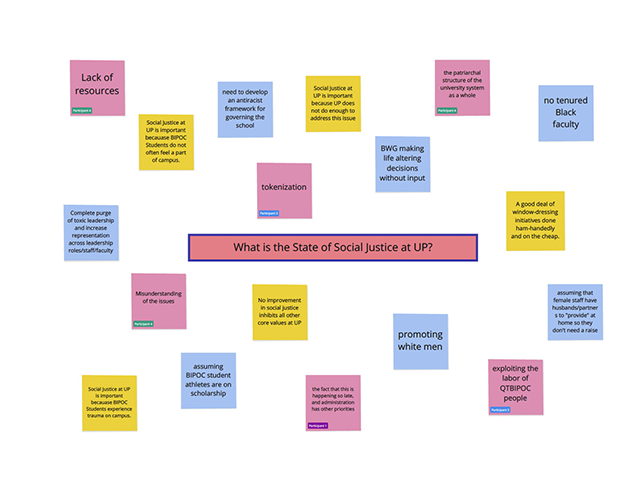Summary
I was honored to serve as the plenary speaker for the education track at the ASME IMECE 2024, held at the Portland Convention Center in Portland, Oregon. This opportunity allowed me to address an audience of engineering educators and industry professionals on the importance of integrating humane design principles into engineering education to better prepare students for addressing complex, real-world challenges.
Objective
The primary objective of my presentation was to inspire engineering faculty to rethink their curricula by incorporating design philosophy alongside technical content. By embracing humane design principles, educators can equip students with the critical thinking, empathy, and ethical frameworks needed to create solutions prioritizing human and societal well-being and environmental sustainability.
Approach
Through an enthusiastic and discursive presentation style, I encouraged faculty to reflect on their teaching strategies, challenge conventional classroom practices, and consider interdisciplinary approaches. My talk aimed to foster dialogue, spark interest in collaborations, and extend an invitation for further consultation and partnership with educators looking to transform their programs with innovative and humane-centered design methodologies.
Abstract
Complex, Uncertain, Volatile, and Ambiguous: Why Engineering Programs should consider integrating humane-centered design into their curriculum.
In an era characterized as volatile, uncertain, complex, and ambiguous (VUCA), the imperative to incorporate design thinking and humane-centered design (HCD) into engineering programs becomes evident. As traditionally structured, engineering education often falls short of preparing students to navigate the intricate and unpredictable challenges of the contemporary world. Acknowledging the VUCA context underscores the inadequacies of conventional approaches that prioritize technical skills at the expense of a holistic understanding of real-world problems, the systems these problems reside, and the human and non-human stakeholders impacted by them.
Humane-centered design has emerged as a transformative framework. By placing the experience or all living things at the core of problem-solving, HCD introduces a nuanced perspective that extends beyond technical proficiency. It encourages empathy, collaboration, and a deep understanding of the diverse needs and contexts of everyone and everything. This approach not only equips engineers with the ability to address complex problems but also ensures that solutions resonate with the intended beneficiaries and the expanding intricacies of the complex ecosystems they engender. Embracing humane-centered design is not just an enhancement but a necessity for engineering programs aiming to produce graduates capable of thriving in a world characterized by constant change and unpredictability. The synthesis of these elements — the recognition of VUCA, the critique of conventional engineering education, and the advocacy for HCD — shapes a compelling narrative urging a holistic transformation in how engineers are educated.
The speaker will share their experiences conceiving and implementing an academic minor on innovation through humane-centered design, critical making, and design ethnography. This initiative took place within the context of a Catholic liberal arts institution, serving interdisciplinary cohorts that spanned engineering, business, nursing, education, and the liberal arts. The presentation will be driven by critiques that frame nursing, engineering, and entrepreneurship case studies.
Selected slides









